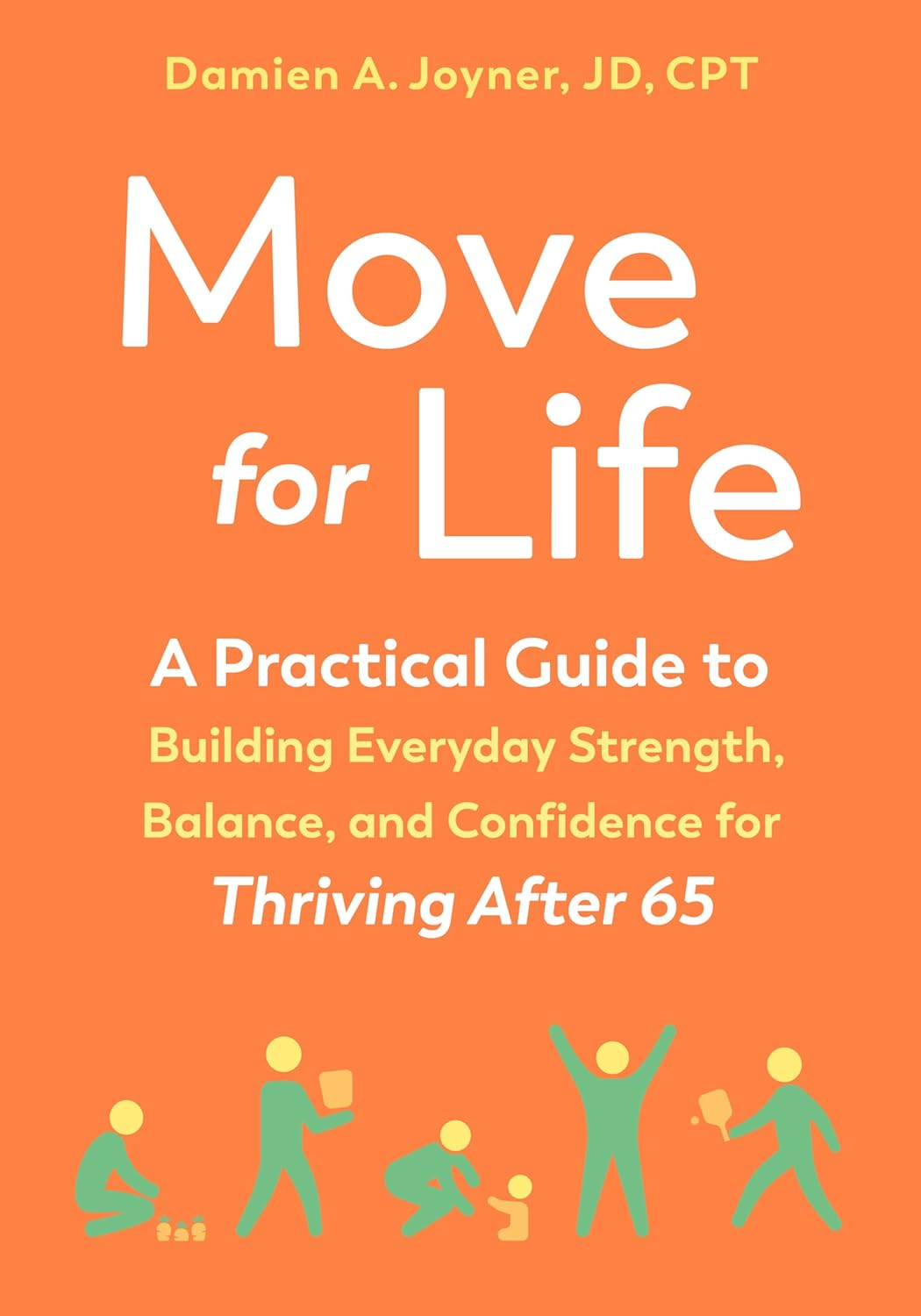TakeTray (a pocket ashtray from Switzerland)

Cigarette butts are the world’s biggest source of litter. On dry land (especially in warm temperatures), a dropped butt can cause wildfires (like a match to paper). And as 70% of our planet is water, most go down storm drains and fall into the sea.
Cigarettes are a mix of materials including nicotine but also plastic and tar, and these butts are then ingested by marine wildlife. Despite smoking being not as popular in England, millions of people do still smoke, and abroad the majority of people smoke, especially in Asia.
So it pays to find some solutions to prevent cigarette litter. There are a few council initiatives (see below). But the most effective solution is to take personal responsibility, and invest in a pocket ashtray.
This ‘snuffs out’ butts by removing oxygen, so you can then keep the butts safely with you, until you find a bin.
What is TakeTray Personal Ashtray?
TakeTray is made in Switzerland, and is one of the best personal ashtrays on the market (you can order online, shipping is quick and affordable). It’s also made from recycled and ocean-bound plastic.
Designed to keep odours out, it has a safety lock to prevent accidental opening. Designed to be easily used with one hand, it’s small enough for a trouser pocket, and can also be converted into a normal ashtray.
Do Smokers Use Personal Ashtrays?
Yes. Obviously people should not throw litter. But it’s interesting that research has found that when there are solutions, most smokers always use them (ie. nearby bins). So if smokers have a personal ashtray, they would almost certainly use it. Yet cigarettes are the world’s most common source of litter.
It’s a no-brainer. All smokers need a personal ashtray, that only costs a few pounds. It could even be argued that councils could hand out free ones, and this would likely cost less, than the cost of cleaning up cigarette litter in cities, towns and villages.
Having static litter bins are not enough. Most people who smoke outdoors are ‘on the move’. Say waiting for a bus, train or tram. So when the transport arrives, if there is no litter bin (and you can’t smoke indoors), they drop the butt on the ground. If they owned a personal ashtray, they would not.
This has got to be one of the world’s best ideas to reduce the world’s most common source of litter. Which causes so much harm to land and marine wildlife. And costs councils millions to clean up.
Yet you presently can’t find personal ashtrays in any newsagents, petrol stations or supermarkets. Why not? Mass use would also help prevent building fires and wildfires.
The company also has invented a personal bin for disposal of chewing gum (most brands contain pet-toxic xylitol when littered on streets) and a combi-bin for disposing of both.
There are discounts for orders of six or more ashtrays, so get together with others to order in bulk.
Offices and Councils Can Prevent Cigarette Litter
Keep Britain Tidy is presently giving away personal ashtrays as part of a trial. Why a trial? Why are these not on sale at every single shop that sells packs of cigarettes already? They’ve been invented for years.
Most personal ashtrays hold around 5 to 7 cigarettes, to save them being dropped on the ground, or thrown out of car windows. They are also a great idea for events like music festivals (and can be paid for sponsors, advertising on custom packs). Boodi offers such a service.
It also offers beach ashtrays. These have a little hole in the bottom. You can use sand to extinguish the cigarette, then the sand is poured out the hole at the bottom, so you can then keep it with you, until you find a safe bin.
- Ballot Bin sounds daft, but it apparently reduces cigarette litter by 73%. It’s a bright yellow bin, and users are encouraged to ‘vote’ on fun questions, by putting their bins in the preferred slot. The bins are then emptied, and questions updated.
- No Butts offers smoking shelters that are designed for butts not to fly away in the wind. Made in Dorset, they provide all-year weather protection, discouraging smoking at building entrances. Which again can minimise fire risk, from discarded butts.
Is Switzerland Really Litter-Free?
We all have visions of never finding a piece of litter in Switzerland. It’s true that it has far less litter than England (though not as litter-free as Japan, where there is literally no litter at all, it’s just never an issue due to culture and respect for others).
But Switzerland these days does have problems with litter (including from tourists). The litter fines are staggered (so ‘small litter’ of up to 35 litres incurs a heavy fine). And more litter incurs heavier fines and even criminal proceedings.
In England, councils have a responsibility to remove litter (no matter who dropped it). They can serve Litter Abatement Orders to private landowners (who then either have to remove it, or will have it removed by councils and get billed with the invoice).
So if you find rivers clogged with litter (or supermarket surrounds with the same), find out who owns the piece of land. Then you can report at Fix My Street for action to be taken.






